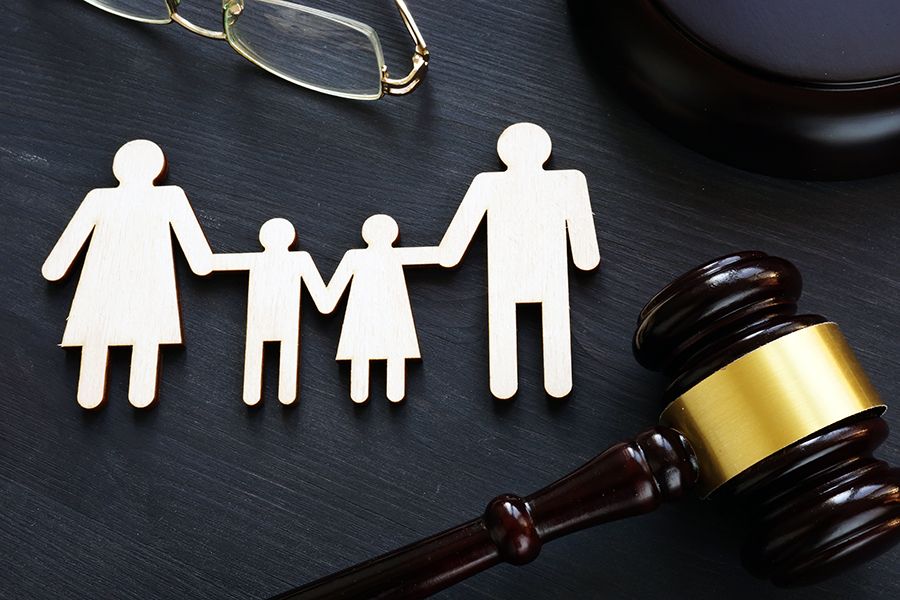
In some instances, Utah family law cases benefit from the services of an expert witness. The expert witness should understand the specific issues and facts of the case so that their testimony is offered in a professional, competent way. Legal theory is the domain of lawyers and legal professionals. In contrast, the expert witness forms opinions based on the objective evidence and known facts of the case.
An expert witness testimony in Utah must be informed and confident to the average person in the jury box. Experts aren’t legal advocates. They’re impartial and objective professionals with convictions about their area of specialty or professional focus. They aren’t attempting to win a case for the client. Most often, the expert wants to help the judge and jury better understand the case—not to determine its outcome.
The Role of the Utah Expert Witness in Family Court
Expert witnesses may be asked to state their qualifications in the courtroom, e.g. their level of education, expert witness experience, clinical experience, and related organizations to which they professionally belong. The court wants to know if the expert’s memberships and/or local committee involvements. In addition:
- The opposing attorney may ask questions about the expert’s credentials and c.v. but the judge makes the decision about the witness’s qualifications as an expert.
- For instance, a clinical psychologist may be considered an expert in their field but if their research practice doesn’t involve patients, they might not be qualified to testify in family court.
- The witness should avoid jargon in order to avoid the need to define words.
- The witness should avoid joking on the stand. When addressing the judge, they should use “Your Honor.” In addition, the expert witness should address all attorneys involved in the case by name.
- The witness may repeat the attorneys’ questions in order to confirm their understanding of the questions.
- They may take notes and refer to books in giving testimony.
- The witness must be confident. If a lawyer asks a complex question to which the answer isn’t yes or no, it’s important for the witness to say so.
- In concluding their testimony, it’s important for the witness to mention important information or details if these haven’t been revealed or identified. They may ask the judge for the chance to offer evidence if they feel it’s important to the judge’s decision.
- The expert may be asked about their fee in court. The witness is typically paid by the hour, at the same hourly rate for an office visit.
Child Custody Disputes and the Expert Witness
Child custody matters require the professional assessment of many relevant facts. The expert witness should consider both parent and child relationships as well as the individual personalities of the family members involved. Their evaluation will consider relevant facts, e.g. support groups, family finances, relatives, and the living conditions of the parents. If the expert fails to consider these essential roles and factors, attorneys are likely to include them in cross-examination.
A parent or family member's psychiatric disorder doesn’t indicate mental incompetence, per se. The important distinction is whether the parties have sufficient capacity to contribute to the best interests of the child in Utah.
Talk to a Knowledgeable Utah Family Lawyer
Choosing an expert witness can involve complex decision-making. An experienced family lawyer in Utah can help you to select an appropriate expert witness for your family law matter. They will discuss the expert witness’s:
QualificationsCommunications
Litigation Expert
Proximity and Cost
Family court can be a high stakes scenario. If you need help with a Utah family law or child custody matter, contact us today.